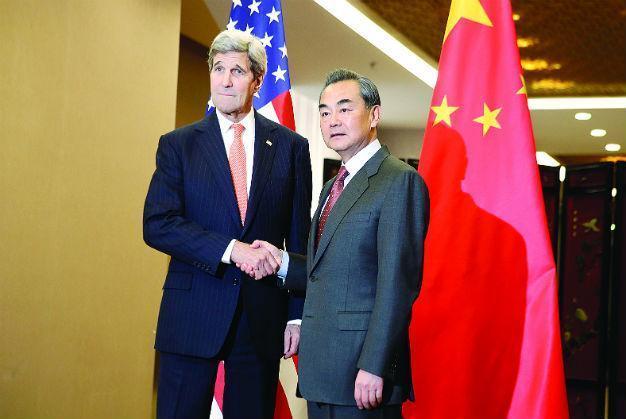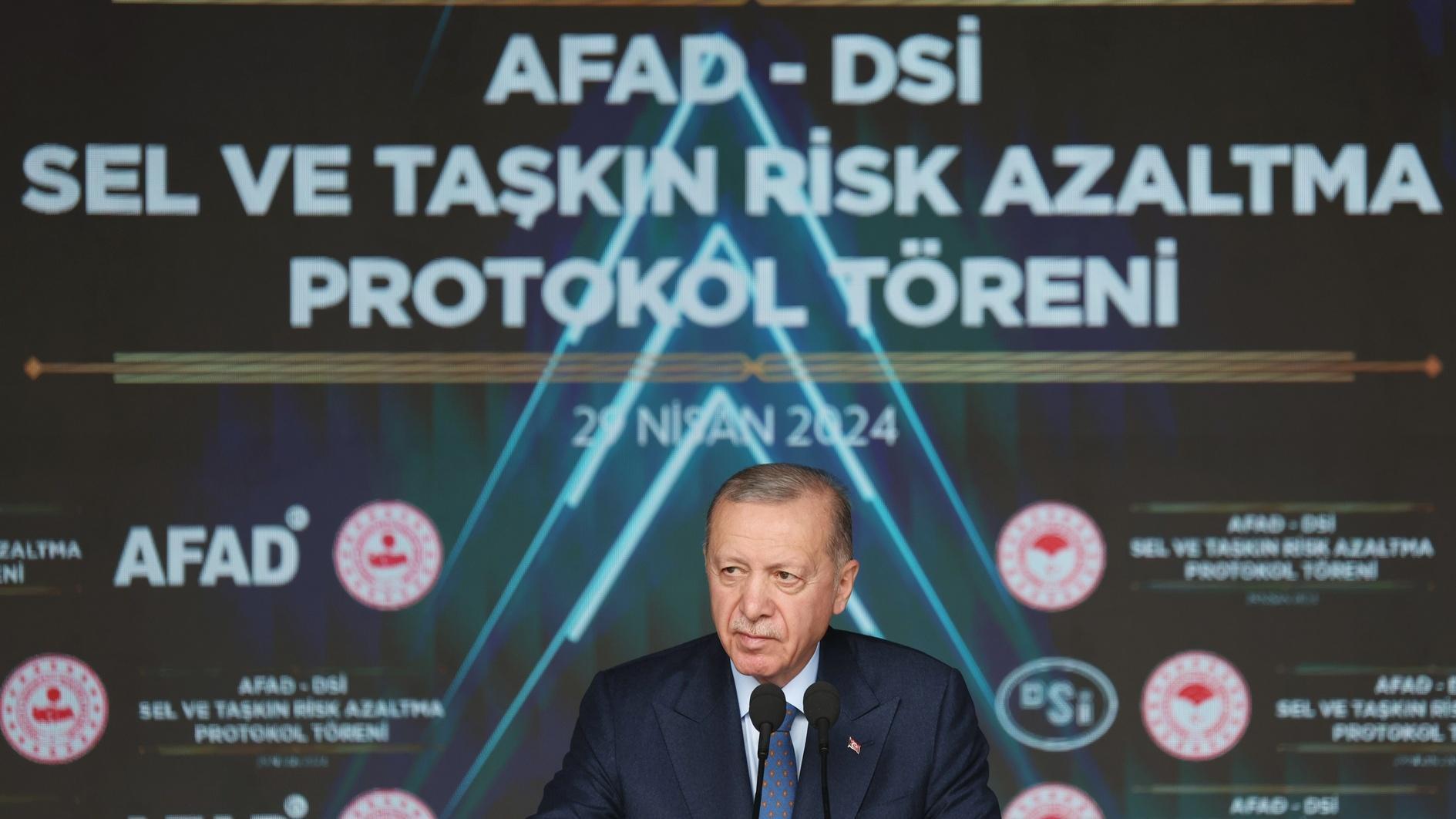US, China agree on need for new UN measure on North Korea
BEIJING – Reuters

AP photo
U.S. Secretary of State John Kerry and Chinese Foreign Minister Wang Yi agreed on Jan. 27 on the need for a significant new U.N. Security resolution targeting North Korea after its Jan. 6 nuclear test, though there were few signs of concrete progress.Kerry, on a two-day visit to Beijing, had been expected to press China, North Korea’s lone major backer, for more curbs on Pyongyang after it said it had successfully conducted a test of a miniaturized hydrogen nuclear device, though the United States has voiced skepticism as to whether it was that powerful.
China has insisted it is already making great efforts to achieve denuclearization on the “Korean peninsula” and Wang rejected any “groundless speculation” on its North Korea stance, following remarks from U.S. officials that China could do more.
“We agreed that the U.N. Security Council needs to take further action and pass a new resolution,” Wang told reporters at a joint briefing with Kerry.
“In the meantime, we must point out that the new resolution should not provoke new tensions.”
Kerry said the two sides had agreed to an “accelerated effort” at the U.N. to reach a “strong resolution that introduces significant new measures” to curtail North Korea’s ability to advance its nuclear and ballistic missile programs.
“It’s not enough to agree on the goal. We believe we need to agree on the meaningful steps necessary to get the achievement of the goal,” Kerry said.
The exchange of goods and services between China and North Korea was one area where steps could be taken to pressure Pyongyang back to talks, Kerry said.
Kerry also said that shipping, aviation, trade of resources, including coal and fuel, and security at border customs, were key areas in the sanctions debate. North Korea is heavily reliant on China for oil, gasoline and trade.
“All nations, particularly those that seek a global leadership role, share a fundamental responsibility to meet this challenge with a united front,” Kerry said.
He added that the U.S. would take “all necessary steps” to honor security commitments to allies, signaling that the U.S. was prepared to continue ramping up its military presence in the region, a move that would likely unsettle Beijing.
“North Korea poses an overt threat, a declared threat, to the world, and it has stated its intention to develop a thermonuclear weapon,” he said. “In addition, it has made clear its intent to develop an intercontinental ballistic missile with the capacity to carry a nuclear warhead.”
The 15-member U.N. Security Council said at the time of North Korea’s test that it would begin working on significant new measures in response, a threat diplomats said could mean an expansion of sanctions.
Kerry said that a need for the United States and China to find a way forward on easing tension in the South China Sea weighed heavily in talks.
“I stressed the importance of finding common ground among the claimants and avoiding a destabilizing cycle of mistrust or escalation,” Kerry said. “Foreign Minister Wang Yi accepted the idea that it would be worth exploring whether or not there was a way to reduce the tensions and solve some of the challenges through diplomacy.”
Wang said China’s activities in the region, which have elicited unease from the U.S. and its allies, should not be construed as militarization.
“China has given a commitment of not engaging in so-called militarization, and we will honor that commitment,” Wang said. “We cannot accept the allegation that China’s words are not being matched by action.”
















